Fenugreek During Pregnancy: 5 Benefits, Side Effects & Dosage
Get relief from pregnancy pains with the limited consumption of this nutritious seed.
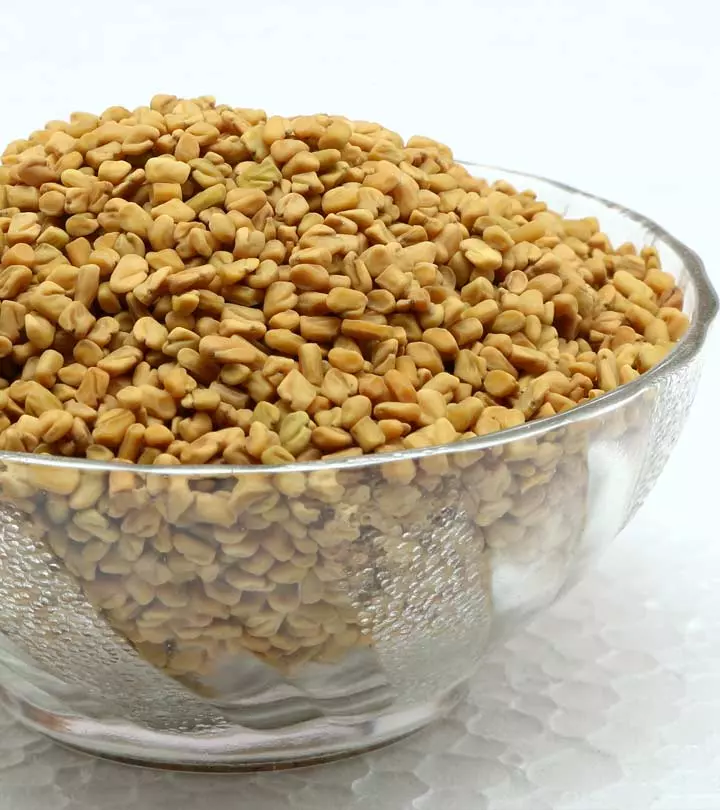
Image: Shutterstock
Pregnancy is a very special time in every couple’s life! Parents take every precaution to make sure their unborn baby grows and develops perfectly. One of their primary concerns is whether it is safe to consume fenugreek during pregnancy or not. Most seemingly safe plants, seeds, and herbs might seem tricky during pregnancy. If you are wondering if consuming fenugreek leaves or seeds is safe during pregnancy, you are in the right place. We have done all the research and explained it all below. Read on to know more!
 Know Your Ingredient: Fenugreek
Know Your Ingredient: FenugreekWhat Is It?
An herb that resembles a clover, fenugreek is indigenous to the Mediterranean area.
What Are Its Benefits?
Fenugreek helps with contraction, breast enlargement and lactation.
Who Can Consume It?
Anyone can consume fenugreek to attain its benefits.
How Often?
You can eat it daily.
Caution
Fenugreek may interfere with blood coagulation and lead to excessive bleeding from injuries.
In This Article
Benefits Of Fenugreek During Pregnancy
There are some popular fenugreek benefits in pregnancy that would help make your pregnancy journey easy. Some of them are listed below:
1. Fights Gestational Diabetes

Many natural/herbal remedy’ practitioners suggest fenugreek for diabetes during pregnancy. They believe if fenugreek is taken in moderate amounts, it is known to reduce diabetes (1). Gestational diabetes develops during pregnancy and may even persist after giving birth.
According to a report by CDC, the percentage of mothers diagnosed with gestational diabetes increased from 6.0% in 2016 to 8.3% in 2025. Additionally, it was estimated that the rate for mothers who were more than 40 years old (15.6%) was six times more than the rate for mothers less than 20 years of age (2.7%).
Fenugreek is often used by diabetics as it stabilizes blood sugar level, but during the gestation period, a doctor’s advice is necessary before consumption.
 Quick Tip
Quick Tip2. Helps With Breast Enlargement
Hormonal imbalances sometimes cause disproportionate breasts. Consuming 3-4 grams of fenugreek seeds steeped in water may help with breast enlargement as it provides a mastogenic effect and helps enhance your breast (2). Most bust enhancing products contain fenugreek seeds due to the presence of a potent estrogen that helps enhance breast. However, there have been no clinical studies published to prove its safety and efficacy (3).
3. Helps In Contraction

Since ages, women have used fenugreek to induce contractions and ease labor pain (4). Even prolonged labor process can be shortened by using fenugreek.
4. Helps In Lactation
Studies have shown that consuming the herb for a few days can give drastic for lactating mothers. One of such studies states that there is an increase in milk production in women who consume fenugreek seeds during pregnancy (5).
 Quick Tip
Quick Tip5. May Help With Post-Pregnancy Weight Loss
Fenugreek’s high fiber content may promote a feeling of fullness and reduce one’s overall calorie intake (6), (7). This sense of satiety may keep one from overeating and possibly aid in weight management. Fenugreek seeds may also enhance metabolism and help the body burn calories more efficiently (8).
Additionally, fenugreek may help regulate blood sugar levels. This also could promote weight control and reduce the risk of obesity in the long run (8).
However, do note that scientific evidence supporting fenugreek’s direct role in post-pregnancy weight loss is limited. More studies are warranted in this regard.
Fenugreek’s ability to support health is rooted in its rich nutritional makeup, providing vitamins, minerals, and antioxidants that contribute to its wide-ranging benefits. Learn more about it below.
Key Takeaways
- Consuming fenugreek during pregnancy helps enhance milk supply and regulate blood sugar levels.
- The estrogen in fenugreek seeds may enhance the breasts.
- Possible side effects of consuming fenugreek during pregnancy include digestive issues, foul smell of urine, and allergies.
- It may also slow down clotting and increase the risk of bleeding.
Nutritional Profile Of Fenugreek
Fenugreek is a versatile spice packed with nutrients.
It contains vitamins like vitamin C (3mg per 100g), B vitamins (including thiamin, riboflavin, niacin, and vitamin B-6), and vitamin A (3µg per 100g) (9).
Additionally, fenugreek is a good source of essential minerals such as calcium (176mg per 100g), iron (33.5mg per 100g), magnesium (191mg per 100g), and potassium (770mg per 100g) (9).
It also provides fiber (24.6g per 100g), protein (23g per 100g), and healthy fats (6.41g per 100g). Fenugreek is rich in bioactive compounds like trigonelline, diosgenin, mucilage, and phytoestrogens, which offer potential health benefits (9).
However, it is important to consume it in moderation and consult with a healthcare professional if you have any concerns.
The same nutrients and compounds that make fenugreek beneficial can, in higher amounts, lead to side effects. Discover some of them in the next section.
Side Effects Of Fenugreek
It is essential to maintain sound maternal health as the first priority during the period of pregnancy and be aware of possible side effects of everything you consume. While there are some known benefits of fenugreek, some side effects too have been reported by pregnant women, especially if taken in excess quantity. If a pregnant woman has not ever had fenugreek, it is best not to start taking it during pregnancy as this is not the best time to experiment. Even if they have a habit of taking fenugreek, a doctor’s consultation is a must to continue the habit, and if so, what alteration in dosage is needed, etc. Here are some of the side effects of fenugreek that you should be aware of:
1. Contractions
This is both a side effect and benefit, depending on when fenugreek is consumed. Fenugreek seeds are used to ease childbirth as it is known to help induce labor (4) (10). If your delivery date is upon you and you take fenugreek to induce labor, it is a benefit. But, if the same effect starts showing itself before completion of your pregnancy, it may be an issue.
2. Digestive Problems

A lot of pregnant women have complained that consuming fenugreek during pregnancy have caused various levels of digestive distress, starting from nausea, general discomfort to stomach upset, gas, bloating and even diarrhea (11).
3. Maple Syrup Smell Of Urine
This is an odd reaction that manifests in many pregnant women. Their urine smells like maple syrup as fenugreek contains a compound that is found in maple syrup too (11). This is not a harmful condition, but it may be mistaken for maple syrup disease, which is a rare and dangerous condition.
4. Allergies

Just like all other herbs, fenugreek may cause an allergic reaction, which manifests itself with nasal congestion, wheezing, coughing, swelling or other severe conditions (11).
5. Drug Interaction
Fenugreek slows down the effect of blood clotting and has the possibility of enhanced bleeding (12). It may also interact with warfarin to cause bleeding (11).
6. May Be Unsafe For People With Hormone-Sensitive Cancers
Fenugreek can act as an estrogen receptor modulator and stimulate the growth of breast cancer cells. This may not be safe for people dealing with breast or ovarian cancer (2).
How Much Fenugreek Is Safe To Consume Daily?
It is important to note that individual dosage requirements may vary depending on factors such as age, health status, and the specific condition being treated.
If recommended, a typical dosage is 1-2 grams of fenugreek seeds per day.
Pregnant women should consult with a healthcare provider before consuming fenugreek seeds. Always consult with a healthcare provider for personalized advice.
Word Of Caution

When it comes to fenugreek, there has not been sufficient research to fully mark the herb as safe or unsafe. But since ages, fenugreek has been used during pregnancy. The few studies that have been conducted on fenugreek are small and the results cannot be considered ubiquitous. Besides, even though fenugreek is natural, it may not be safe. So, it is best to take fenugreek with caution and consult your gynecologist first.
If you are in doubt about whether or not to consume fenugreek at your prenatal stage or during pregnancy, it is best to see a doctor. Though you may be tempted to go by old wives’ tales about how the consumption of this herb can increase the production of breast milk, check with your doctor and do not overdo it.
Infographic: Pros And Cons Of Eating Fenugreek While Pregnant
Fenugreek is a popular herb in the alternative medicine world. It can lower blood sugar levels, reduce cholesterol, lessen inflammation, and help control appetite. All these potential benefits of the herb make pregnant women wonder if it is safe to consume fenugreek during pregnancy. If you want to know about the same, scroll down to the infographic below for the pros and cons of consuming fenugreek during pregnancy.
Some thing wrong with infographic shortcode. please verify shortcode syntax
Fenugreek is a popular herb with several medicinal properties. It has a long history in alternative medicine and benefits your overall health in many ways. However, there are many concerns about the use of fenugreek as a source of maternal nutrition during pregnancy. If you use it in moderation fenugreek helps reduce blood sugar levels, breast enlargement, and shortens the prolonged labor process. But, its overconsumption during pregnancy may induce labor, digestive problems, allergies, and drug interactions. Hence, limit its consumption and consult your doctor before using fenugreek during the pregnancy period.
Frequently Asked Questions
Does fenugreek cause birth defects?
Maybe. There might be certain negative effects of fenugreek consumption postpartum. Excess consumption of fenugreek may lead to birth defects like hydrocephalusi A condition where an abnormal buildup of fluids in the brain cavities puts pressure on the brain tissues and causes brain damage. , anencephalyi A fatal birth defect of the central nervous system in which a baby is born with an underdeveloped brain and incomplete skull. , and spina bifidai A severe neural tube defect where a baby is born without a completely developed spine and spinal cord. in humans (13).
Does fenugreek mess with hormones?
Maybe. Fenugreek contains compounds that may help modulate the levels of luteinizing hormonei A hormone produced and released by the anterior pituitary gland that stimulates reproductive functions. (LH) and follicular stimulating hormonei A hormone produced and released by the pituitary gland that controls the menstrual cycle and sexual functioning. (FSH) (14).
What happens if you take fenugreek every day?
Moderate consumption of fenugreek may help boost your health in many ways.
Illustration: Fenugreek During Pregnancy - 5 Benefits And 5 Side Effects

Image: Dall·E/StyleCraze Design Team
Discover the amazing benefits of fenugreek! Learn 3 secret uses for women and men that can help improve your health and well-being. Get ready to be amazed!
References
Articles on StyleCraze are backed by verified information from peer-reviewed and academic research papers, reputed organizations, research institutions, and medical associations to ensure accuracy and relevance. Read our editorial policy to learn more.
- An update on natural compounds in the remedy of diabetes mellitus: A systematic review
https://www.ncbi.nlm.nih.gov/pmc/articles/PMC6035310/ - In vitro estrogenic activities of fenugreek Trigonella foenum graecum seeds
https://pubmed.ncbi.nlm.nih.gov/20571172/ - “Bust Enhancing” Herbal Products
https://www.researchgate.net/publication/10714668_Bust_Enhancing_Herbal_Products - Fenugreek a multipurpose crop: Potentialities and improvements
https://www.sciencedirect.com/science/article/pii/S1319562X15002107 - The Effect of Herbal Tea Containing Fenugreek Seed on the Signs of Breast Milk Sufficiency in Iranian Girl Infants
https://www.ncbi.nlm.nih.gov/pmc/articles/PMC4585338/ - Spices, fenugreek seed
https://fdc.nal.usda.gov/fdc-app.html#/food-details/171324/nutrients - A fenugreek seed extract selectively reduces spontaneous fat intake in overweight subjects
https://pubmed.ncbi.nlm.nih.gov/20020282/ - Fenugreek Seed Extract Inhibit Fat Accumulation and Ameliorates Dyslipidemia in High Fat Diet-Induced Obese Rats
https://downloads.hindawi.com/journals/bmri/2014/606021.pdf - Spices, fenugreek seed
https://fdc.nal.usda.gov/fdc-app.html#/food-details/171324/nutrients - Fenugreek: A review on its nutraceutical properties and utilization in various food products
https://www.sciencedirect.com/science/article/pii/S1658077X15301065 - Fenugreek
https://www.ncbi.nlm.nih.gov/books/NBK501779/ - Review of herbal medications with the potential to cause bleeding: dental implications and risk prediction and prevention avenues
https://www.ncbi.nlm.nih.gov/pmc/articles/PMC6459456/ - Prenatal Exposure to Fenugreek Impairs Sensorimotor Development and the Operation of Spinal Cord Networks in Mice
https://www.ncbi.nlm.nih.gov/pmc/articles/PMC3818278/ - Substantial Effect of Fenugreek Seeds Aqueous Extract on Serum Estradiol Level in Ovarian Hyperstimulation Syndrome Rat Model
https://www.ncbi.nlm.nih.gov/pmc/articles/PMC6505335/
Read full bio of Melissa Hooper
Read full bio of Tanya Choudhary
Read full bio of Ravi Teja Tadimalla
Read full bio of Moksha Gandhi






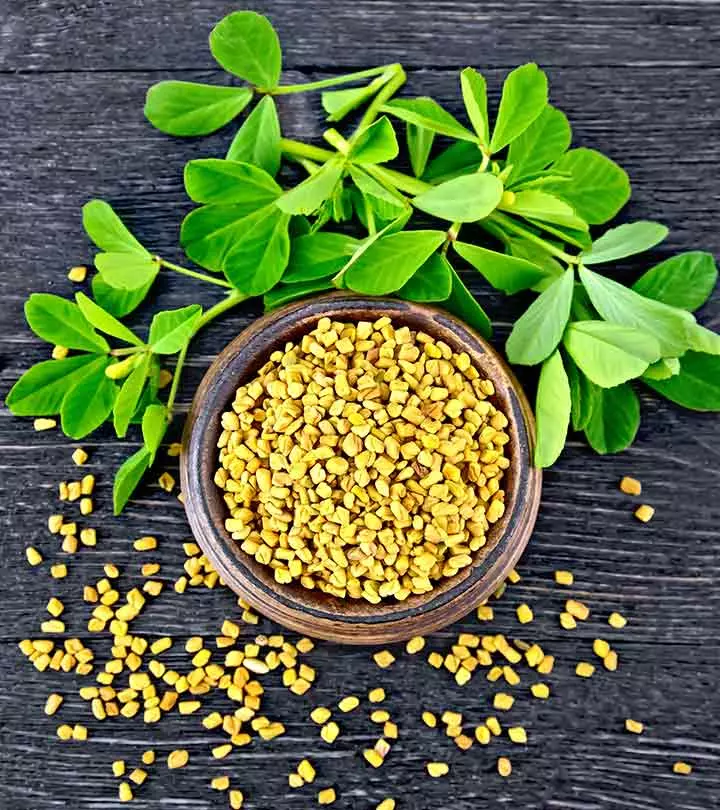


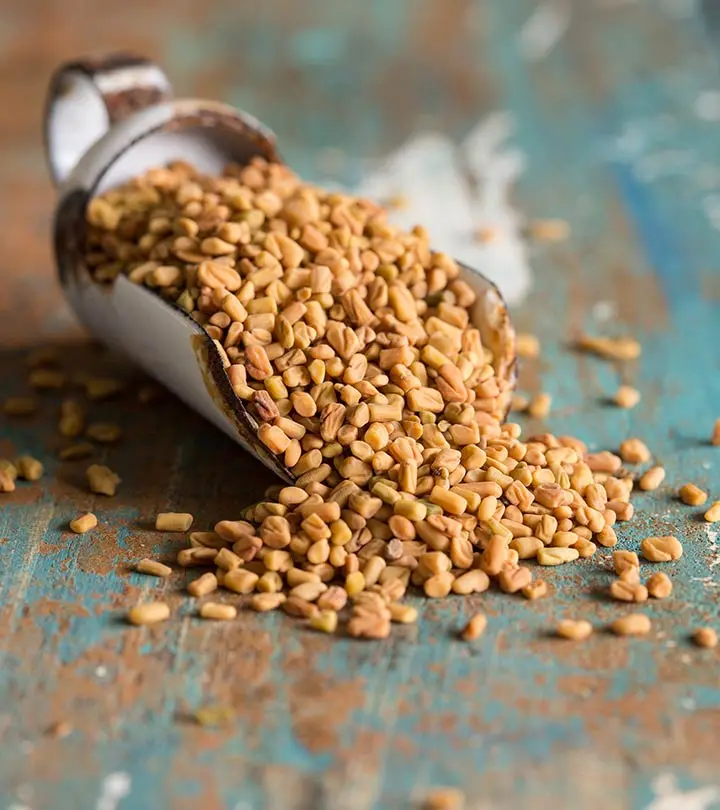
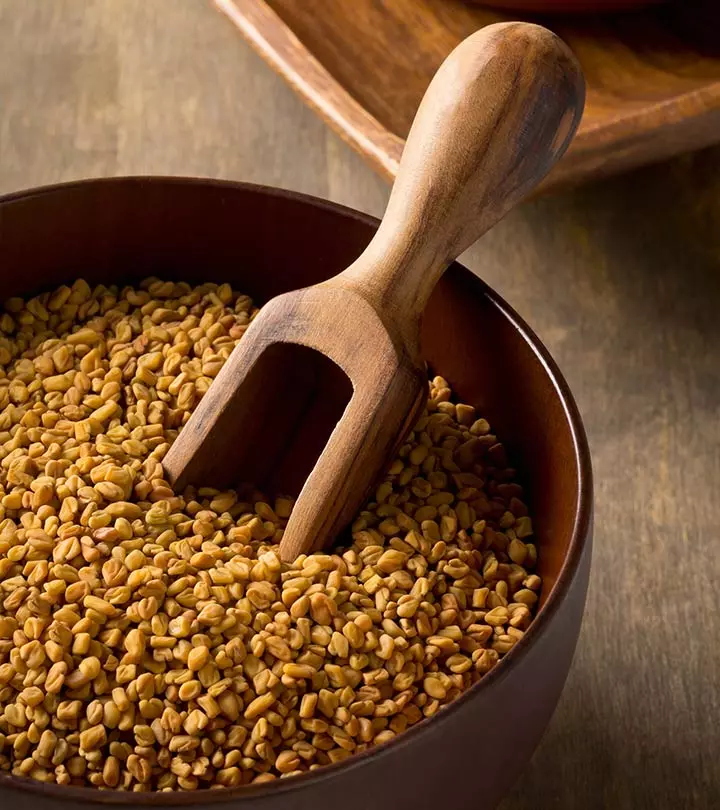
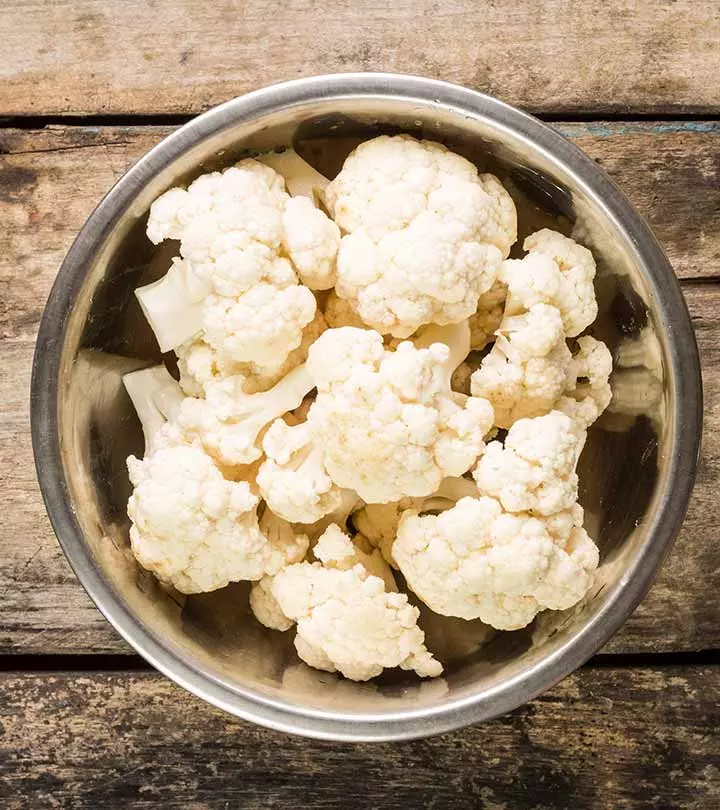

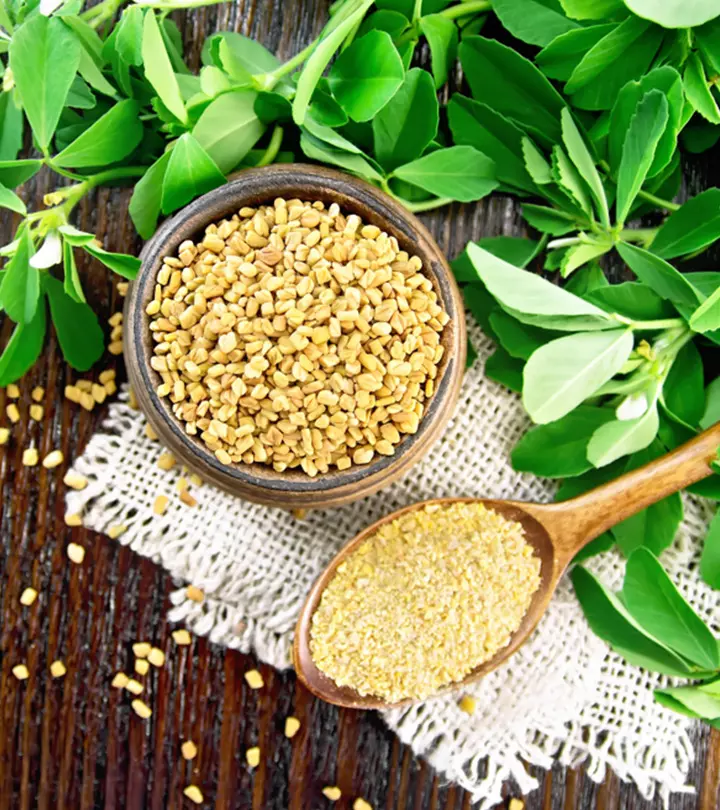



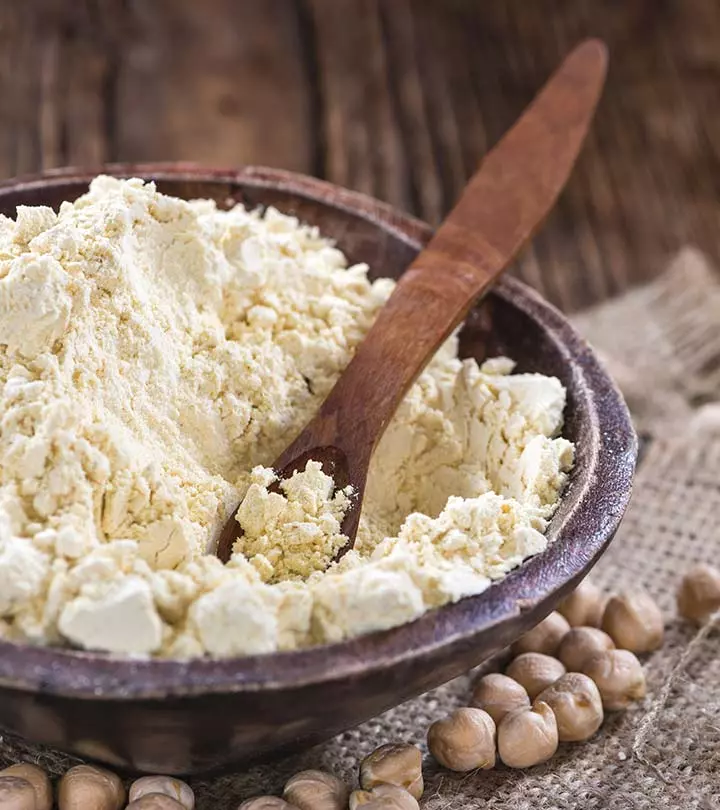

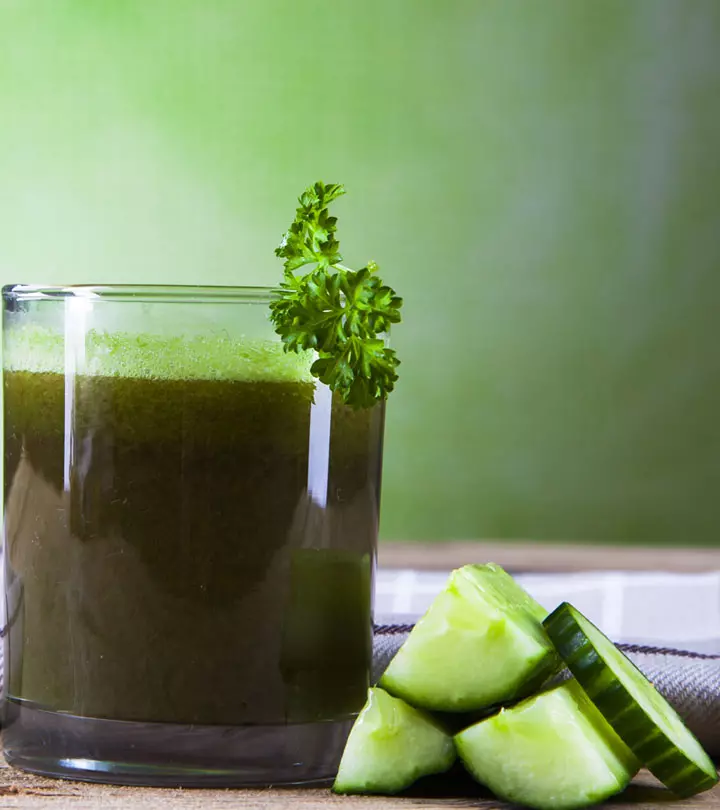

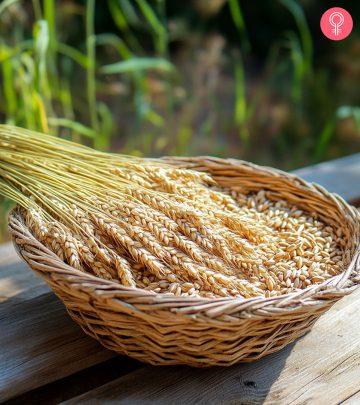
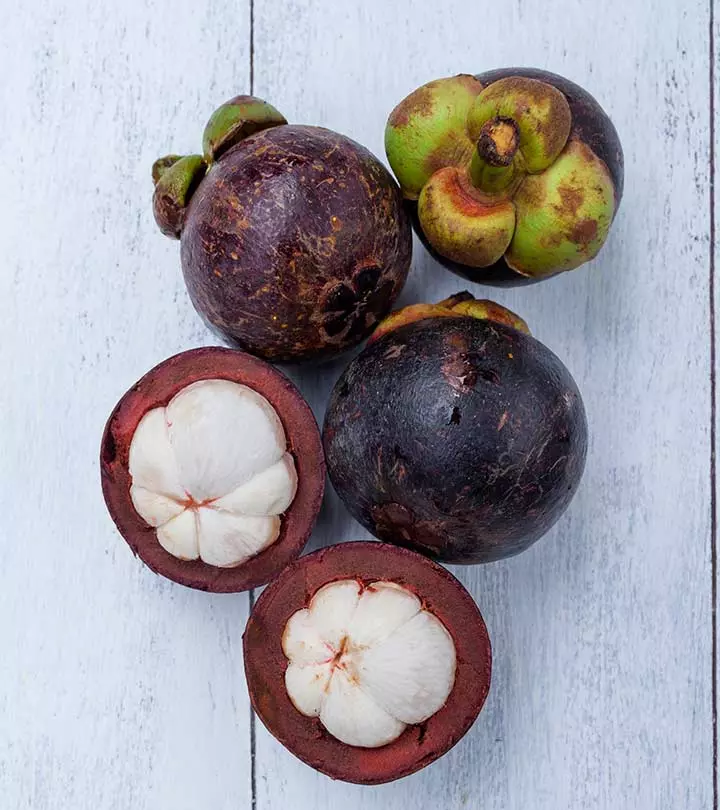

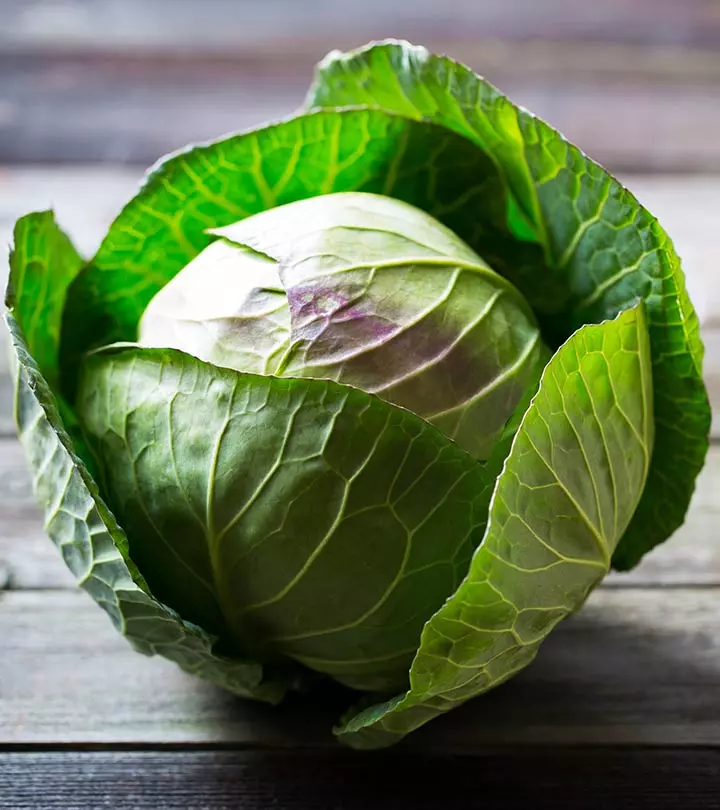


Community Experiences
Join the conversation and become a part of our empowering community! Share your stories, experiences, and insights to connect with other beauty, lifestyle, and health enthusiasts.